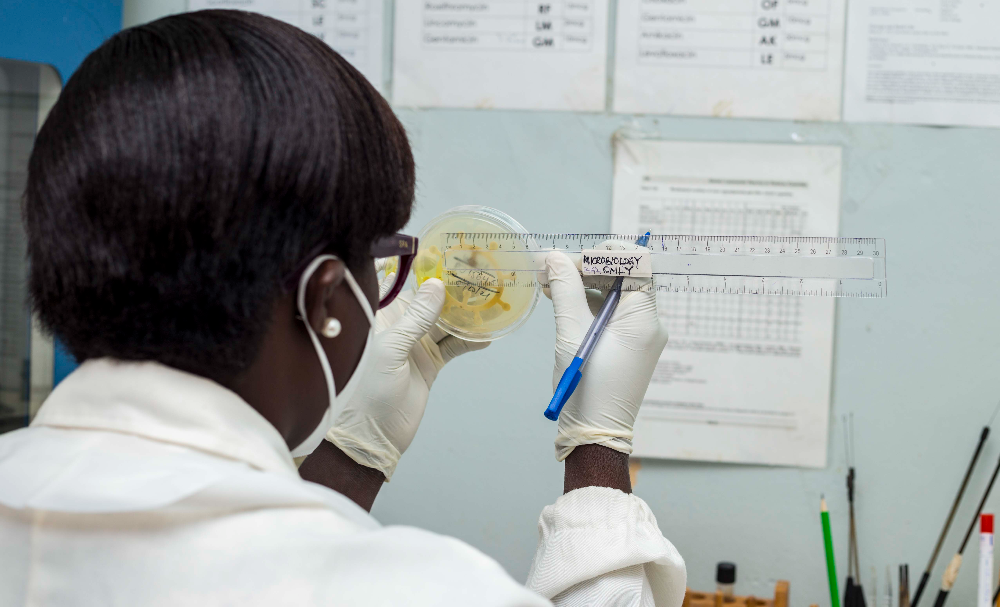A new study has revealed that Ghanaian nurses and midwives pursuing graduate education without study leave struggle to balance work, family, and personal life, often neglecting their husbands and children to meet academic demands.
The research, which explored how female nurses and midwives in three public universities manage their responsibilities, found that many rely on social media, religious faith, and social circles for support.
The study, approved by the Noguchi Memorial Institute for Medical Research, recruited 20 participants through purposive sampling.
According to the findings published in Scientific Reports, these women receive assistance from families, friends, church leaders, managers, and course mates, with support ranging from financial aid to help with childcare, household chores, off days from work, and even academic assignments.
To relieve stress, participants watch movies, TikTok videos, listen to music, force themselves to sleep, or take walks with loved ones.
However, their most significant coping mechanism remains prayer and words of inspiration from motivational speakers.
The authors of the study, which included KNUST’s Mr. Collins Atta Poku, advocate for family-friendly human resource policies to help career women further their education without sacrificing their personal lives.
They believe such policies would empower female professionals while ensuring a healthier work-life balance.


















